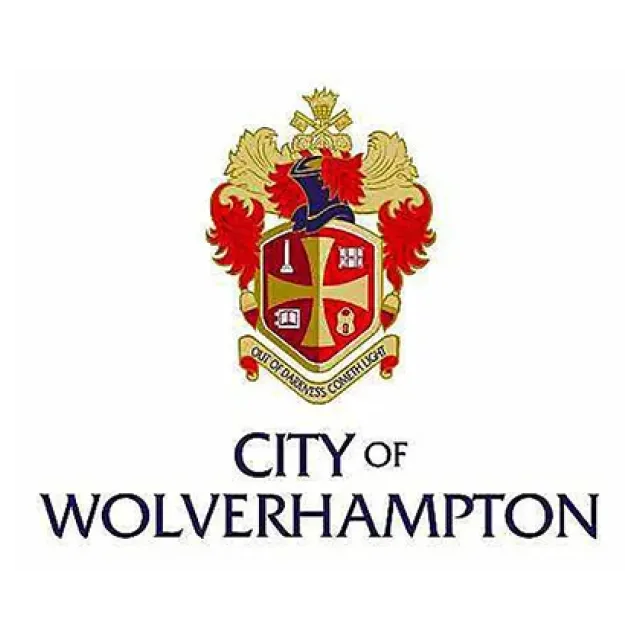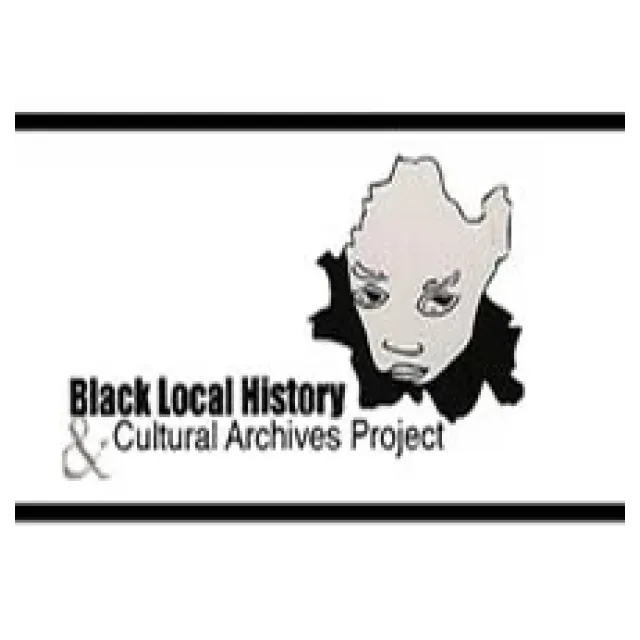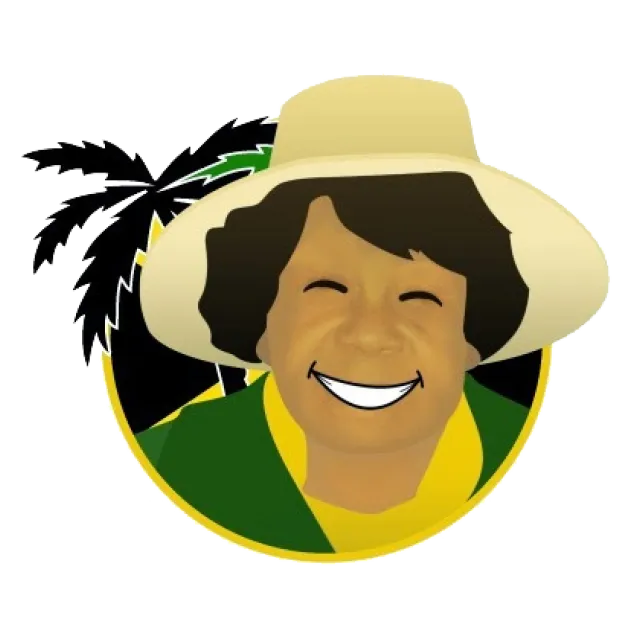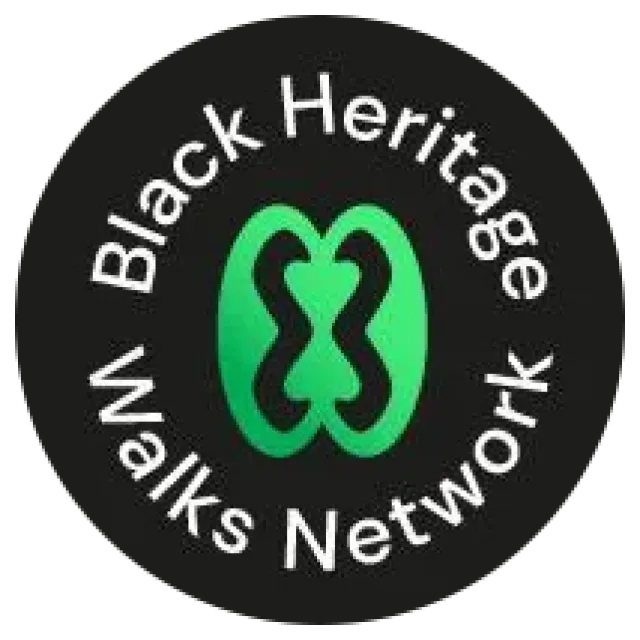Imagine Wolverhampton in the early 1980s. Across Britain, Black communities were demanding recognition and equality. n the early 1980s, when mainstream education often overlooked the potential of Black children, Mel Chevannes, Wolverhampton’s first AfricanCaribbean councillor, helped establish the Black Arrow Supplementary School. The Black Arrow Supplementary School became part of a wider movement across Britain, where grassroots educational spaces supported Black children both intellectually and emotionally. Alongside core subjects like English and Maths, the curriculum integrated Black history and PanAfrican consciousness, fostering belief in self-worth and possibility. Classroom walls echoed with stories, songs, and symbols rooted in heritage—a vital antidote to systemic invisibility. A shining example of the school’s impact is Denise Lewis, who attended the Black Arrow Supplementary School as a child. Denise later rose to become a celebrated Olympic heptathlon champion, earning gold at the 2000 Sydney Games, among multiple national and international honours. Her story speaks volumes: the school didn’t just teach—it inspired. Denise’s triumph attests to the confidence, resilience, and ambition that her early learning environments instilled. Though the Black Arrow Supplementary School may no longer operate as it once did, its spirit endures. Its legacy lives on in community education projects, heritage gatherings, and oral history projects that affirm, “We were here. We mattered.” Stories of classrooms that taught identity as much as academic facts continue to give roots to future generations. In 1983, Mel co-authored a pivotal report titled “Notes on the Development of a Black Supplementary School” for the AfroCaribbean Education Trust. This deeply insightful work laid out a bold vision: after-school and weekend instruction where academic learning was paired with cultural pride and community identity. In 1981—the year of uprisings in Brixton, Toxteth, and Handsworth—Mel Chevannes won a by-election in Graiseley Ward, becoming Wolverhampton’s first AfricanCaribbean councillor. Her election was a landmark moment amid a nation grappling with racial tension and social change.
By 1982, Mel had risen to become Chair of the Social Services Committee, overseeing vital support structures for the city’s most vulnerable families. At a time when both women and minorities were seldom found in positions of power, her leadership offered hope and visible progress.
Though she lost her seat in 1987, Mel’s dedication didn't waver. Drawing on her strong reputation, she later became the first AfricanCaribbean chairperson of the Royal Wolverhampton NHS Trust, guiding healthcare services for thousands and breaking a path for others to follow.
Her career unfolded alongside national movements for fairness and representation, mirrored in evolving Race Relations legislation and growing recognition of diversity in public institutions—Mel’s roles were not just personal achievements, but markers of societal shift.
Then, on 22 June 2025, Wolverhampton paid tribute to her remarkable journey. A bronze bust, sculpted by Hannah Northam, was unveiled at Wolverhampton Art Gallery during Windrush Day festivities. It stands as a permanent, powerful symbol of representation, believed to be the first such honour for a living AfricanCaribbean woman in Britain.
As you stand before the gallery, picture Mel Chevannes—a woman who went from councillor to NHS Trust chair, whose leadership across decades reflected both local progress and national transformation. This bust doesn’t just honour her past—it challenges us to continue her legacy forward.







